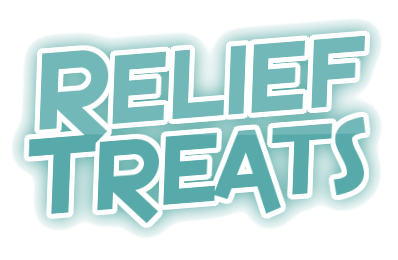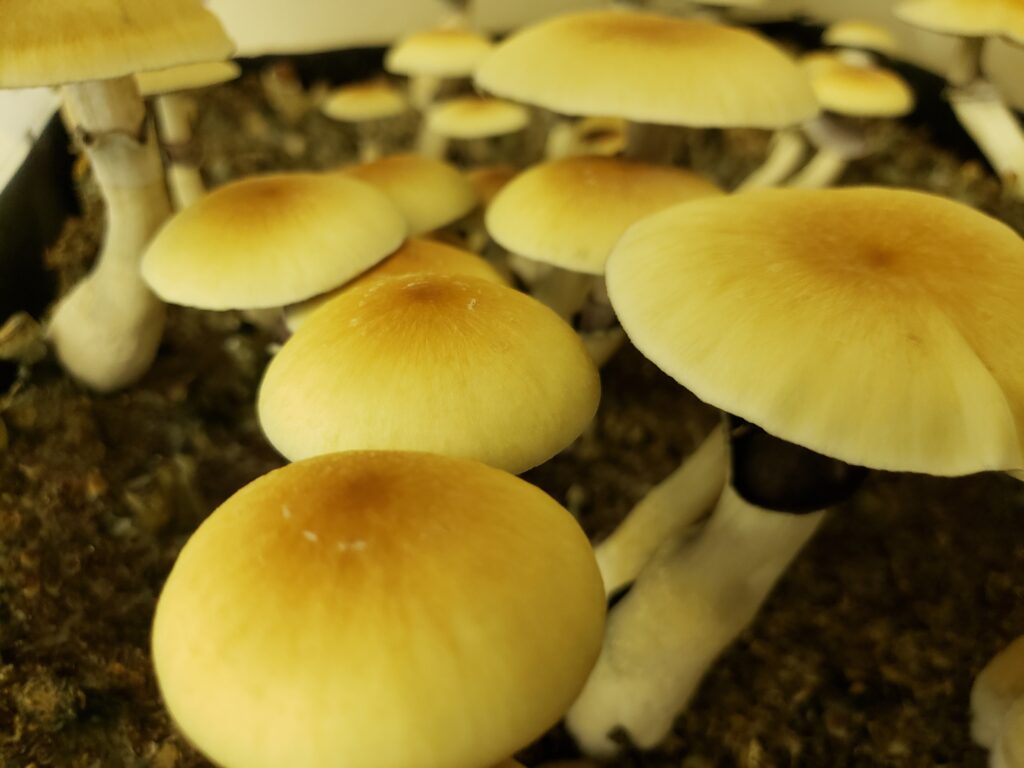Link in Bio, Wellness
Can Magic Mushrooms Be a Magic Cure for Drug or Alcohol Addiction?
Overuse of alcohol, or ill-advised use, is behind one in 20 out of all deaths.[1] Nicotine, alcohol, and drugs are behind untold numbers of health conditions, injuries, and life complications, in addition. Nevertheless, for some people, it can be impossible to get the mind to resist the temptation of careless or unhealthy use. Exposure to addictive substances changes the brain on a cellular level at a particular point of overuse in these people, taking away their ability to understand the danger the habit places them in.
Conventional, FDA-approved medications prescribed by rehab centers tend to be mildly effective at weaning people off substance abuse. However, rehab doesn’t work for many people, and even when it does, millions of people tend to be unable to afford it.[2]
Recently, however, there has been considerable attention directed at an alternative approach: use of a psychedelic compound called psilocybin obtained from psilocybin mushrooms (colloquially referred to as magic mushrooms). Studies, as well as personal anecdotal reporting by users, point to the possibility that psilocybin can be fast and effective at helping people overcome addiction.
Use of the psilocybin compound is illegal in most of the US; however, use is permitted in some places, such as the state of Oregon and the cities of Santa Cruz, CA, and Denver, CO. Professionals offer psilocybin therapy to those who need it at special rehabs in these locations, and people suffering from addiction travel there to receive treatment. Since treatment can require no more than a day a month for a couple of months, traveling elsewhere for care tends to be workable. It’s also possible to enroll in a clinical study that treats you with psilocybin for addiction.[3]
How does psilocybin help you overcome addiction?
Psilocybin hasn’t been claimed to be the perfect anti-addiction treatment; it offers unpredictable results. However, it may be a far better alternative than conventional addiction treatments.
Psilocybin is a psychedelic substance. Subjecting the brain to psilocybin sends it on a trip involving hallucinations, time and space distortion, and euphoria. Through the experience, people tend to come by a form of epiphany that allows them to truly understand why they don’t want to go on with their addictive substance of choice anymore. Small studies conducted by Johns Hopkins University report that success rates can be twice what is reported for conventional treatments.[4]
Use of the substance may also be able to restore to the brain its ability to perceive how substance abuse causes long-term damage and is, therefore, best stayed away from. Lack of judgment in this area is the primary reason why people who suffer from addiction are unable to quit. In many cases, the use of psilocybin is seen to raise the levels of the mGluR2 protein in the brain, enabling greater self-control, as well.[5]
A study in JAMA Psychiatry demonstrates that addiction therapy using psilocybin, when put together with psychological therapy, is able to get participants with addiction disorders to lower the amount they consume daily and to avoid binging.[6] Another study shows that this may be possible through the ability of psilocybin to increase a willingness to change behaviors and step outside of compulsive tendencies.[7] However, while change may be more possible with psilocybin, the change could be in a negative direction; for this reason, psychotherapy can be useful in the use of psilocybin.
Putting psilocybin to work against your addiction
As a psychedelic drug, psilocybin can be dangerous to use without thorough controls and medical supervision in place. When you have no one to keep you safe, a psychedelic trip could make it easy to consider actions like running out into traffic or jumping out the window. In other words, if you’re interested in trying psilocybin to combat an addiction, it’s important to seek out a well-trained professional to design therapy in a way that suits you and to keep you safe during therapy.
Research into psilocybin for addiction is in its infancy, and when accepting such therapy, you would need to consider the possibility that it wouldn’t work for you. However, if you’ve tried conventional rehab and found unencouraging results, it might be a good idea to begin researching the possibility of psilocybin rehab.
Sources
- World Health Organization – https://www.who.int/news-room/fact-sheets/detail/alcohol
- Williams C, Latkin C. Neighborhood Socioeconomic Status, Personal Network Attributes, and Use of Heroin and Cocaine. American Journal of Preventive Medicine Volume 32, Issue 6, Supplement. 2007; S203-S210. https://doi.org/10.1016/j.amepre.2007.02.006
- Bogenschutz M, Forcehimes, A, et al. Forcehimes,Psilocybin-assisted treatment for alcohol dependence: A proof-of-concept study. Journal of Psychopharmacology Volume 29, Issue 3. 2015; 29(3):289-299. https://doi.org/10.1177/0269881114565
- Johnson M, Garcia-Romeu A, et al. Pilot Study of the 5-HT2AR Agonist Psilocybin in the Treatment of Tobacco Addiction. Journal of Psychopharmacology. 2014; 28(11): 983–992. https://doi.org/10.1177%2F0269881114548296
- Meinhardt M, Pfarr S, et al. Psilocybin targets a common molecular mechanism for cognitive impairment and increased craving in alcoholism. Science Advances. 2021; Vol 7, Issue 47. https://doi.org/10.1126/sciadv.abh2399
- Bogenschutz, M, Ross S, et al. Percentage of Heavy Drinking Days Following Psilocybin-Assisted Psychotherapy vs Placebo in the Treatment of Adult Patients With Alcohol Use Disorder. JAMA Psychiatry. 2022; 79(10):953-962. doi:10.1001/jamapsychiatry.2022.2096
- Lowe H, Toyang N. The Therapeutic Potential of Psilocybin. Molecules. 2021; 26(10): 2948. https://doi.org/10.3390%2Fmolecules26102948

